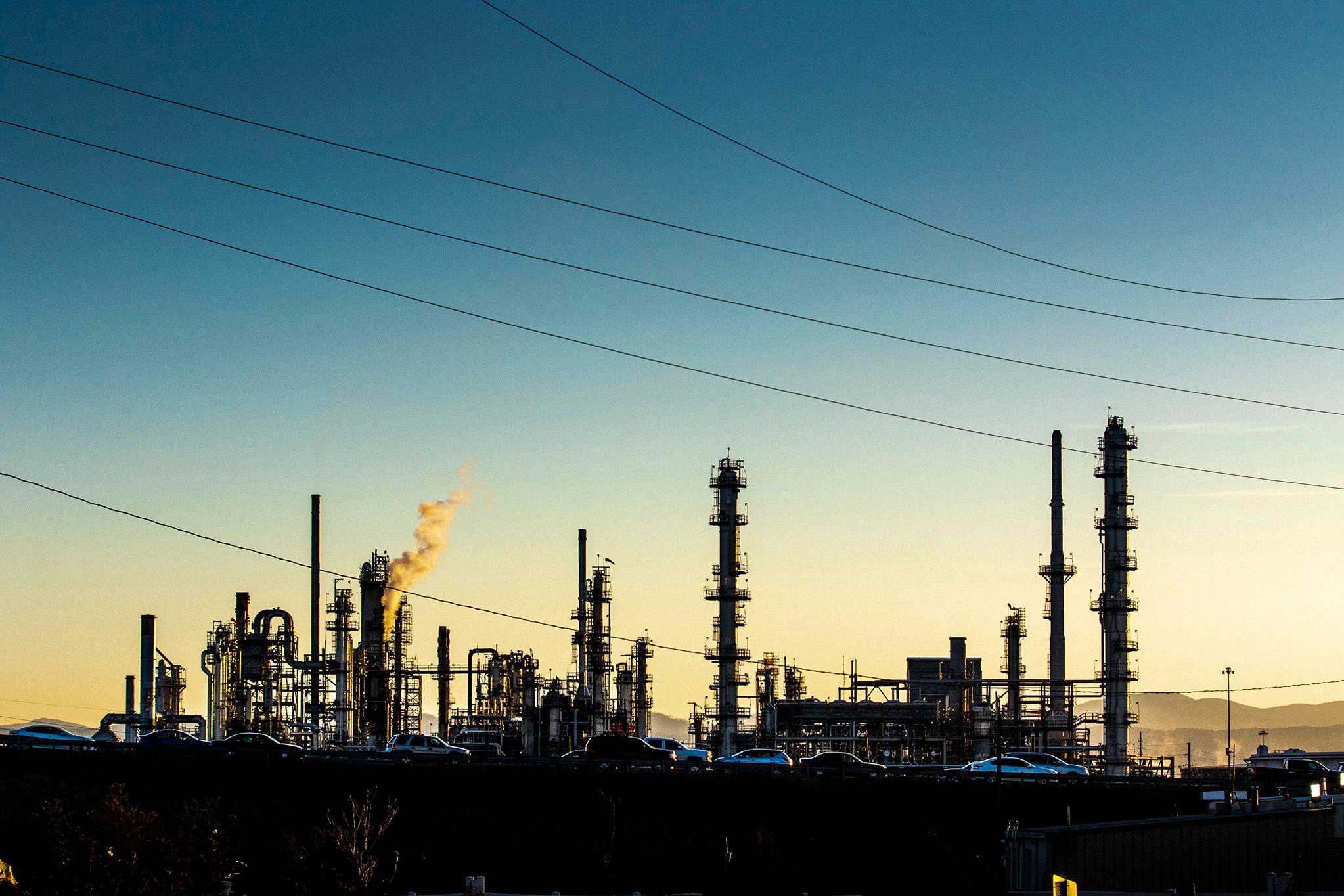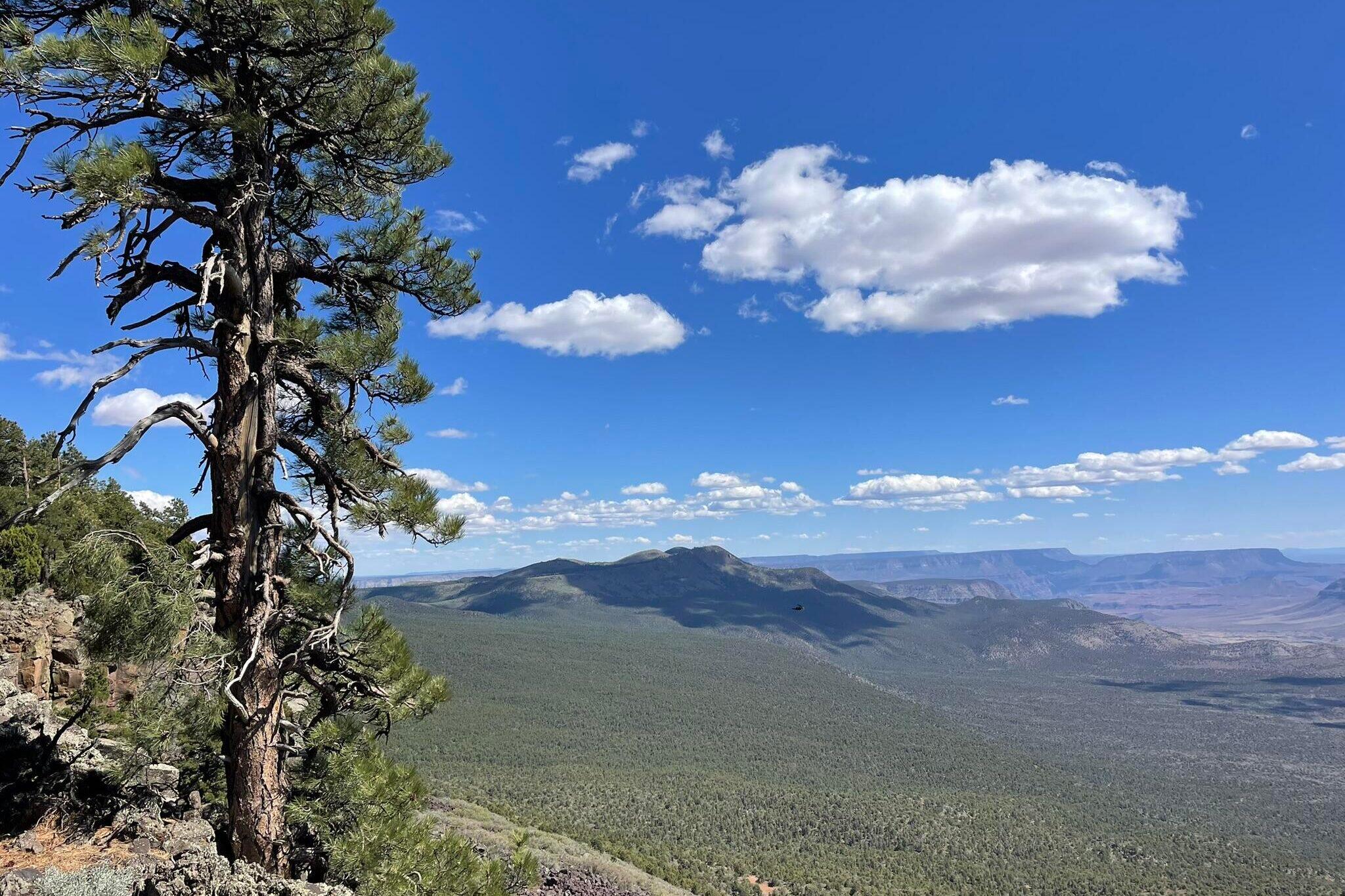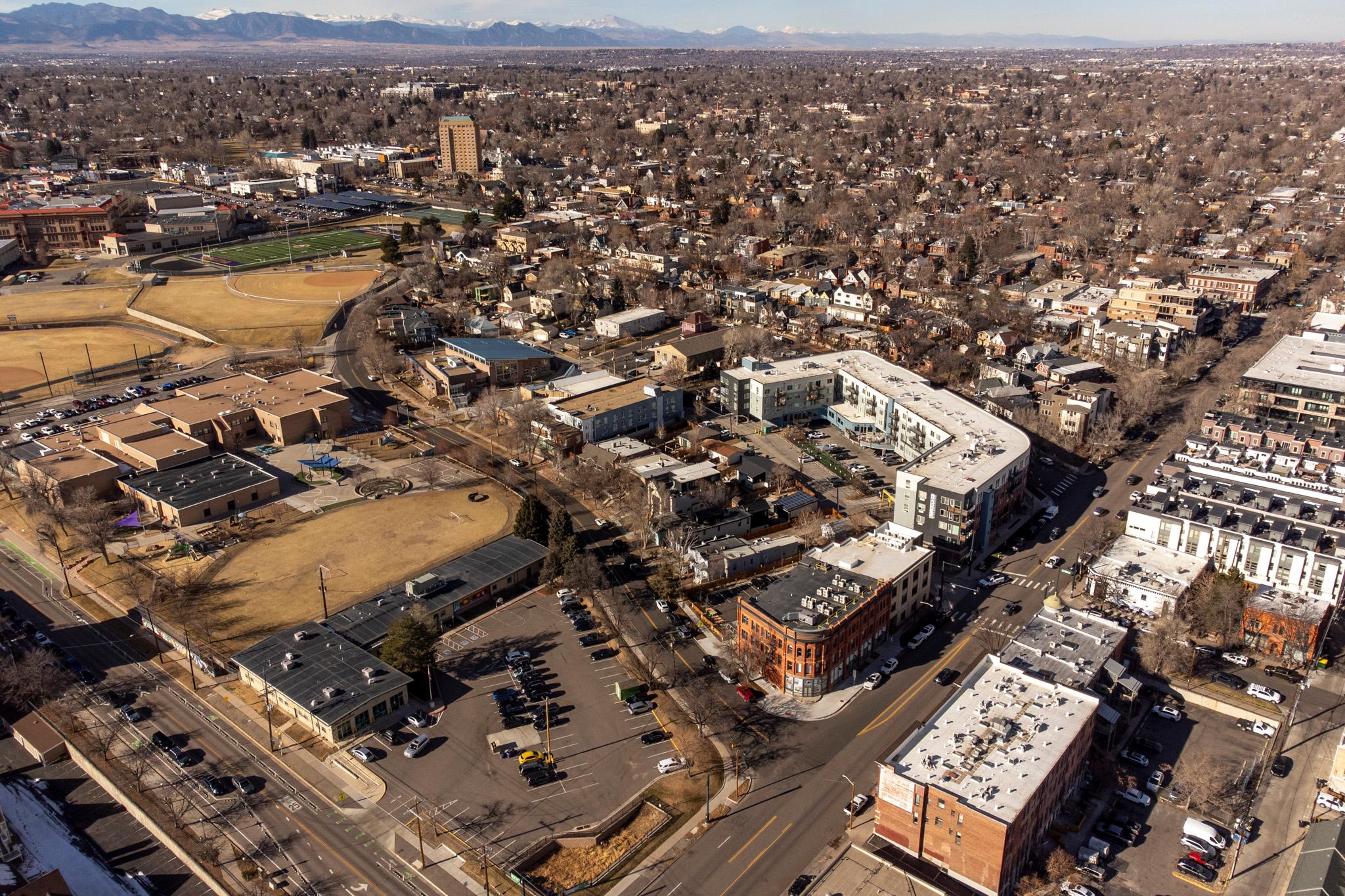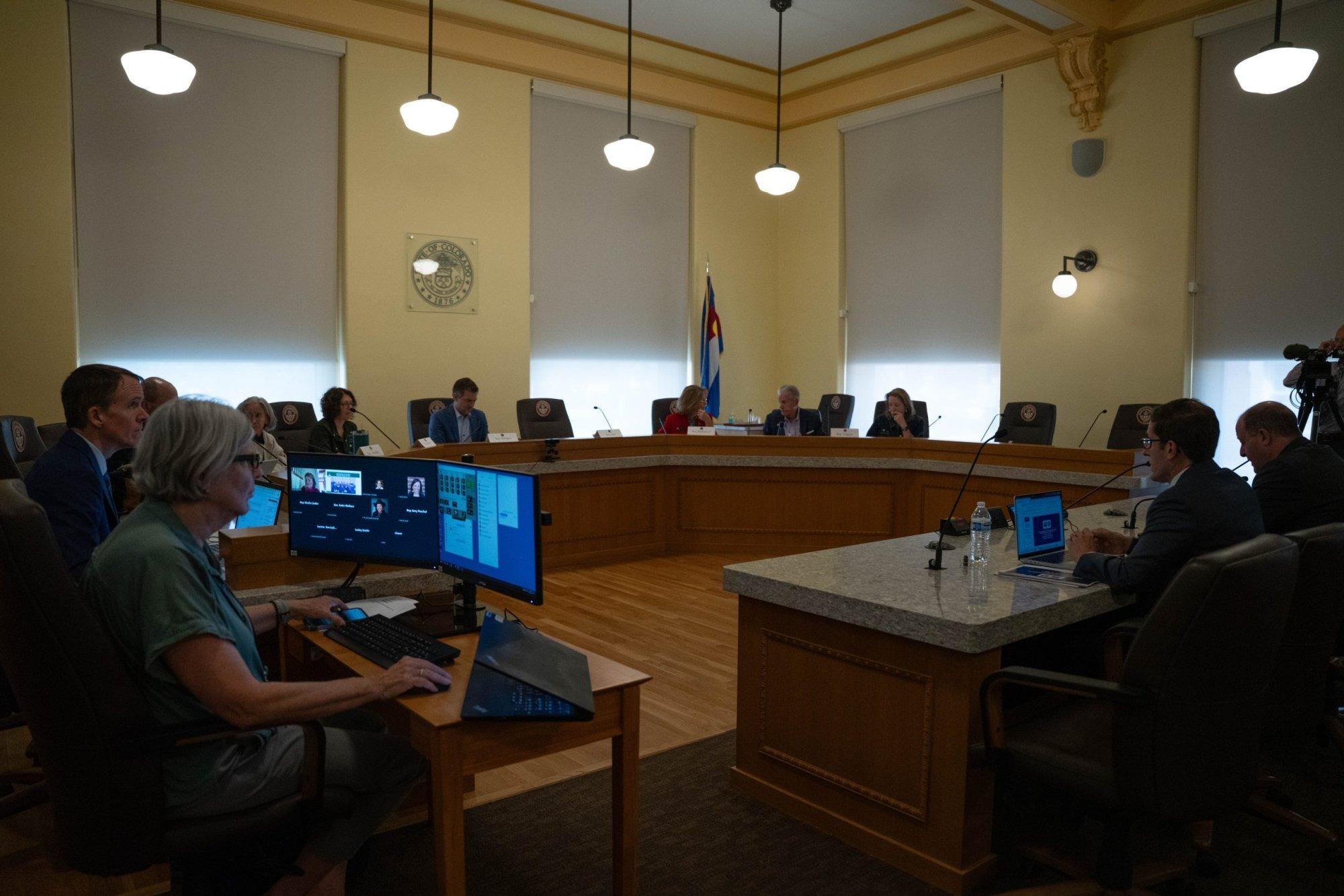
A marquee lawsuit seeking to hold Suncor Energy and Exxon Mobil responsible for climate-driven disasters in Boulder County took a big step toward an official trial on Monday.
After years of legal wrangling, the Colorado Supreme Court ruled the lawsuit first filed by Boulder County and the City of Boulder in 2018 could proceed within Colorado. The decision returned the case to a lower district court, which had already ruled the lawsuit wasn’t preempted by federal law and belonged in the state legal system.
The Boulder lawsuit claims taxpayers shouldn’t bear the full cost of disasters like floods and wildfires. It argues both companies should share the financial burden after knowingly contributing to climate change and misleading consumers about the risks of burning fossil fuels.
Boulder County Commissioner Ashley Stolzmann said the ruling recognized the ballooning costs local governments face due to global warming. In 2021, the Marshall fire, the most destructive fire in Colorado history, burned more than 1,000 homes in Boulder County and caused more than $2 billion in damages. Scientists have linked the disaster to climate change.
“We’ve known for a long time that corporations have had a disproportionate impact on the climate, and we’re finally going to see them pay their fair share,” Stolzmann said.
Opponents, meanwhile, painted the lawsuit as a distraction set to increase energy costs. In an emailed statement, Linda Kelly, the chief legal officer for the National Association of Manufacturers—a trade group that filed as an interested party in the case—appealed to federal courts to intervene and stop the case from moving forward.
“It is now incumbent on the U.S. Supreme Court to step in and establish a uniform rule that can be applied wherever these cases are brought and make clear that neither the law, nor commonsense, subjects energy producers and sellers to liability for climate change,” Kelly said.
In a written statement, Elise Otten, a government affairs official with ExxonMobil, said the company always maintained the case is meritless and has no place before a state court.
“We’ll continue to fight these claims, but more importantly, will continue to provide millions of Americans with the products needed every day to power their lives and homes, while investing up to $30 billion in lower-emission initiatives through 2030,” Otten said.
A representative for Suncor did not immediately respond to a request for comment from CPR News.
Dozens of other states and local governments have filed similar lawsuits across the country. In October 2023, the Hawaii Supreme Court allowed a case filed by Honolulu against energy producers to proceed in state court. The U.S. Supreme Court affirmed the decision earlier this year, clearing a path for similar lawsuits across the country to move forward.
Marco Simons, an attorney representing Boulder and Boulder County, said Colorado is now the second state to rebuff fossil fuel companies, which have repeatedly tried to elevate the proceeding into federal courts or dismiss the matter outright.
“We think the decision will be incredibly influential with other judges in courts who are considering similar legal arguments,” Simons said.
While Simons said the case aims to recover funding from the fossil fuel companies, it’s also an opportunity to “establish a public record” about attempts to undermine climate science.
The recent ruling should allow a state court to move to the discovery stage. The legal procedure would let the court collect documents and call witnesses to clarify how Exxon and Suncor shaped the public’s perception of climate change.
Simons, however, isn’t certain about the timeline going forward. He said a trial could start as early as next year, but he expects it is more likely the case will take around two years to appear before a Boulder County jury.
- Colorado Supreme Court considers whether Boulder’s climate lawsuit against Exxon and Suncor can proceed
- Boulder lawsuit seeking to make oil companies pay for climate change gets potential boost from U.S. Supreme CourtBoulder is one big step closer to putting Exxon and Suncor on trial for climate change
- Boulder’s blockbuster climate lawsuit against Suncor and Exxon Mobil has a path forward
Funding for public media is at stake. Stand up and support what you value today.








